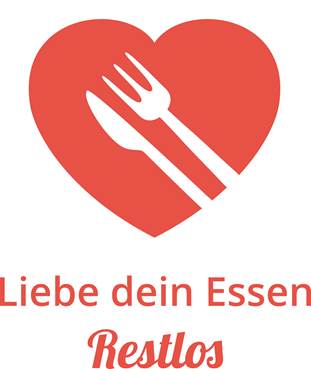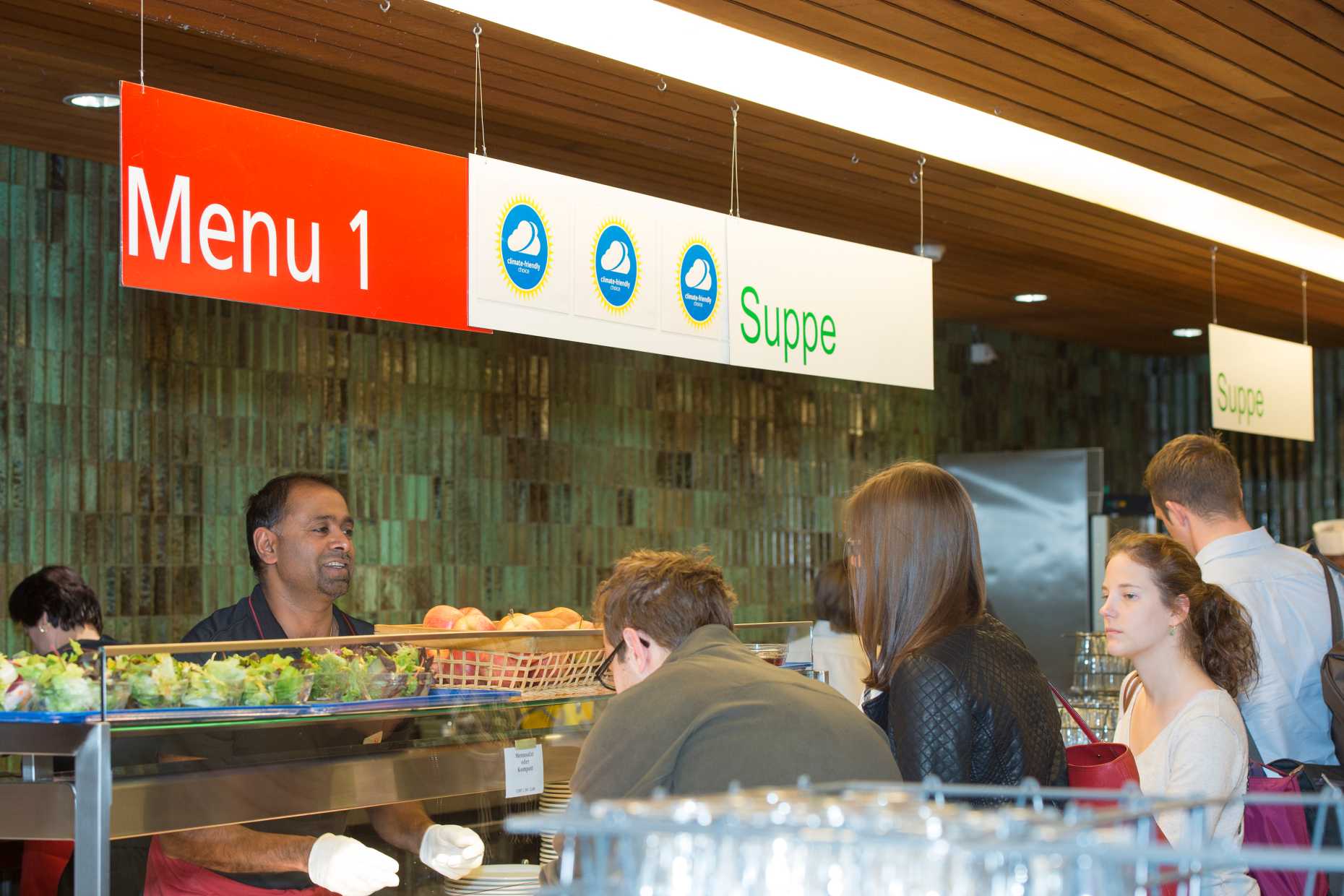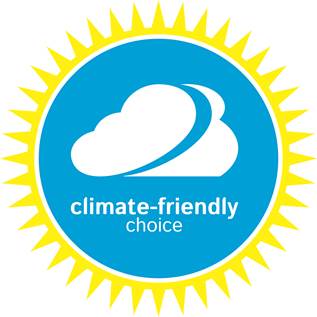Sustainable Campus Catering
Our diet has significant environmental impact. It is a key driver of climate change - 1/3 of our greenhouse gas emissions are caused by the meals we eat. Furthermore, food production requires a substantial amount of land, and water.
As the World Food System center is committed to support research, education and outreach activities that aim at rendering food systems more sustainable, at any scale, we have been mandated by the Catering Commission of ETH Zurich to work on a general framework for sustainable system catering on ETH Zurich campus. To that end a collaboration with Seed Sustainability was formed and, with a vision to catalyze an institutional learning and development process on campus, we conceptualized this mandate as a living lab for sustainable campus catering that includes all relevant stakeholders: students, faculty, administrative units, and catering enterprises.
The Catering Commission is a multi-stakeholder group with the mandated to manage and regulate catering on ETH Zurich campus. In this capacity, the commission constitutes the ideal project trustee for such an endeavor that requires broad support and inclusiveness.
Read more about the project on the ETH Zukunftsblog
Objective
The objective of the project "Sustainable Catering at ETH Zurich" is to identify the pivotal factors for sustainability in system catering on campus and, as a “living lab”, it does so by working on real-world dynamics and providing students an opportunity for solution-oriented and research-based learning.
Intervention
Two canteens on ETH campus were turned into a living lab for which the students designed an intervention together with the catering company that operates these canteens. The intervention was carried out in the main canteen on campus in spring 2014. It provided customers with new choices - climate-friendly meals – and was accompanied with an information campaign that highlighted the relation between food, climate and the environment. Including the second canteen in the research design provided a means to control for the effect of the information campaign. Besides the measures needed to create the choices - a climate impact labelling scheme - canteen operation was business as usual, in serving real guests. Throughout the summer 2014 the students have been evaluating the intervention's actual impact and its root causes by analyzing the meals greenhouse gas potentials, sales data and consumer behavior-data from surveys that were conducted in the canteens during the intervention.
Results
The results are being summarized in a mid-term report, which will be available in March 2015 and will answer questions like:
- “can we use greenhouse gas potentials as a proxy for the environmental foot print of our daily meals?”
- “how can we motivate people to consider the environmental impact of their meal when making lunch choices in canteens on campus?”
- "do we need to provide tangible choices or is sensitization for environmental impact of food sufficient?”
Phase 2: Food Waste

In addition to producing environmental stress 1/3 of the food is lost or wasted, worldwide. Reducing this share would already go a long way towards reducing this environmental impact.
Intervention
Phase 2 of the project (winter 2014-15) centers on an intervention that is aimed at reducing food waste. The research design is similar to the one implemented in phase 1 of the project.
Results
Phase 1 is completed and an intermediary report is available Downloadin Germanvertical_align_bottom. By end of 2015 the final report on the entire project will be made available in German and English.


